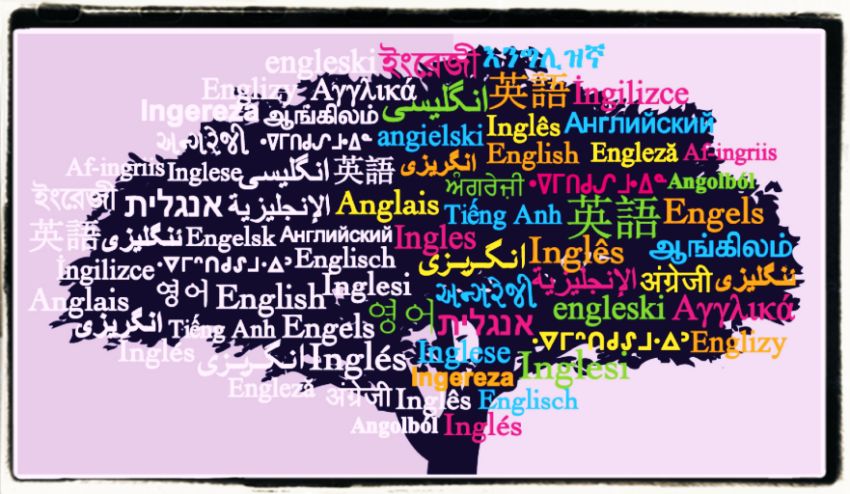
CFS: RETHINKING AND RE-ENVISIONING FOREIGN LANGUAGE EDUCATION
NCIS member Kathleen Stein-Smith has issued this CFS for her proposed edited collection. If you are interested in submitting a chapter, please mail us at info@ncis.org and we will forward your mail to Kathleen. She is seeking chapters of at least 4,000 words (4,000-6,000) on current best practices that can be strengthened and enhanced, as well as on new approaches in language learning and education.
Intended Audience
The audience for this book can be summarized into several distinct stakeholder groups, which include but certainly are not limited to the following:
• Foreign language educators at the collegiate level
• Individuals with innovative, creative, and entrepreneurial ideas to help FLE evolve
• State or other local policymakers working directly with educators to make FLE more accessible, equitable, and digital
This audience is comprised of individuals who have feet-on-the-ground perspectives and ideas on how to best grow and develop sustainable FLE for a globalized and multicultural world.
Overview
Language skills, enabling real-time communication and access to information and media, across borders, are more important than ever, yet language learning – especially in our colleges and universities – is often at risk.
This book, intended for both the educator and the interested non-expert, will provide perspectives and insights r on a wide range of issues in teaching and learning languages of interest to many. It will examine current practice and future possibilities in language education from a variety of linguistic, disciplinary, and regional perspectives. Chapters will address motivation and the psychology of the language learner, methods of teaching and learning languages, multilingualism as a global competence, language for specific purposes, heritage languages, online learning, and more.
Rationale
While home to over 70M who speak a language other than English in the home, and historically a nation of immigrants, paradoxically, the United States lags behind many other nations in language learning. In a multilingual world and an increasingly multilingual US, there is a growing need for increased language skills in the US. In addition, the existing US foreign language deficit has been negatively impacted by a decline in foreign language enrollment, especially at the postsecondary and elementary school level, and – most recently – by the global COVID-19 pandemic. Affordability and accessibility are important issues, and online learning is an area in need of increasing support and development. This book is intended not only to provide information, but also to encourage an active conversation among scholars, practitioners, educational leaders, language supporters in business and government, and concerned parents and communities, on the importance of language skills, and on possible pathways to increasing interest and learning.
Potential Audience
Potential readers include not only language educators, scholars, and researchers, but also those who are interested in international relations and education, and educational leadership and policy. In addition, language supporters and advocates, heritage language speakers and communities, as well as parents and concerned citizens generally, are among the potential readers.
Areas of Interest
Topics can include, but are not limited to, the following –
The topic areas on multilingualism could be combined to form a multidisciplinary examination of the topic, and several topics could potentially be combined in a similar manner
• Motivation, perseverance and sustainable motivation;
• distance and online learning;
• multilingualism in a globalized world;
• benefits of multilingualism;
• immersion and dual-language immersion;
• interdisciplinary collaborations and joint degrees;
• language policies and requirements;
• language for specific purposes;
• language learning and international education;
• heritage languages;
• intercomprehension;
• language learning beyond the classroom;
• language education beyond the US.
Format
Edited volume, with chapters of at least 4,000 words (4,000-6,000) on current best practices that can be strengthened and enhanced, as well as on new approaches in language learning and education.
